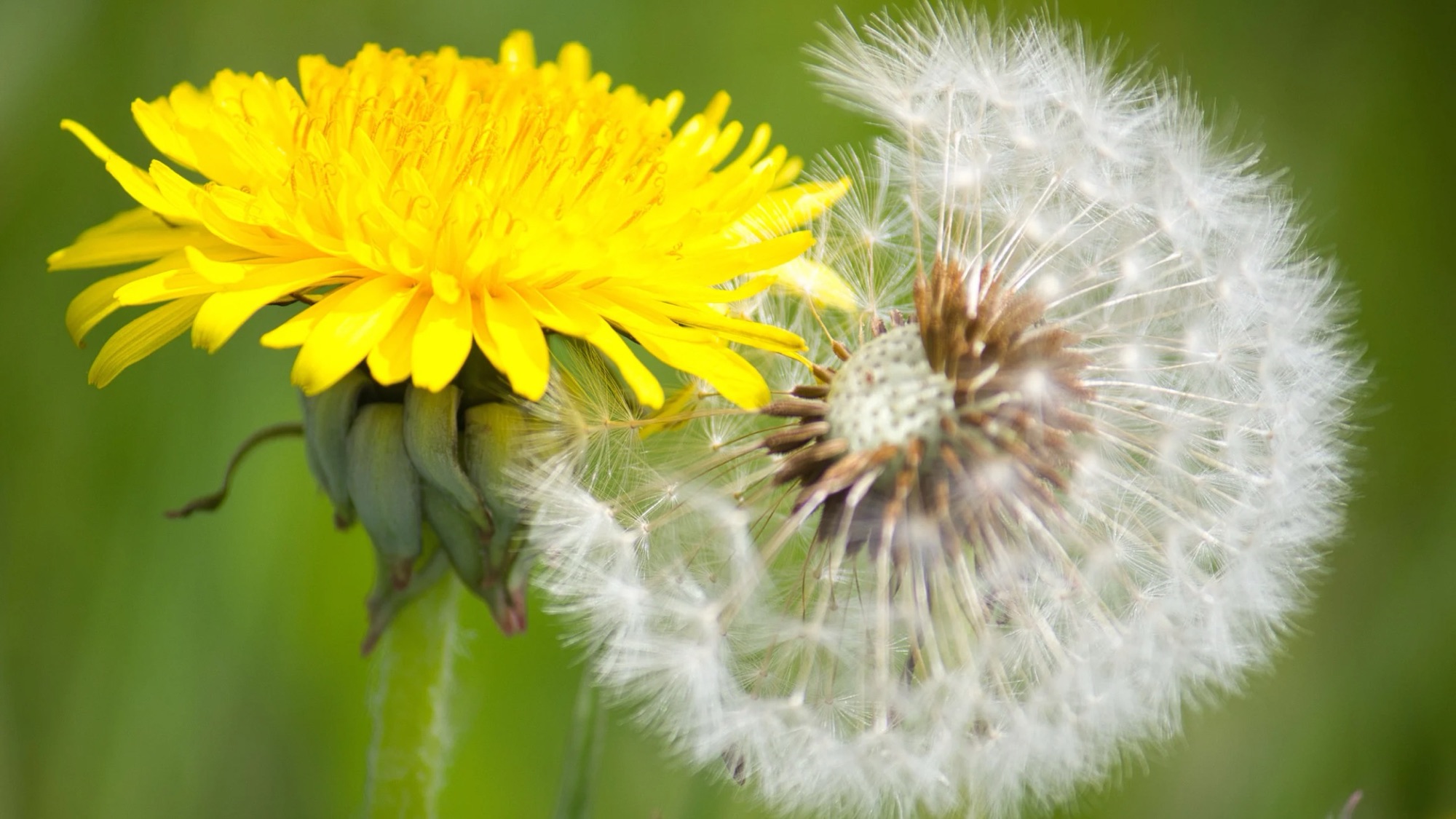In a fast-paced world, finding solace and tranquility is essential for mental well-being. Gardening offers a unique therapeutic experience, allowing us to connect with nature and nurture our own mental health. In this article, we’ll explore the profound benefits of gardening on mental well-being, and introduce plants that can be grown and used to support mental health.
The Healing Power of Gardening:
- Stress Reduction and Relaxation:
- Engaging with nature through gardening helps lower cortisol levels, reducing stress and promoting relaxation.
- Mood Enhancement and Boosting Happiness:
- Gardening releases endorphins, known as “feel-good” hormones, which can elevate mood and combat symptoms of depression.
- Mindfulness and Presence:
- Gardening encourages mindfulness, allowing us to be present in the moment and find respite from racing thoughts.
- Sense of Achievement and Purpose:
- Watching plants thrive under your care fosters a sense of accomplishment, boosting self-esteem and providing a sense of purpose.
- Physical Exercise and Improved Sleep:
- Gardening involves physical activity, promoting better sleep and overall physical health, which in turn supports mental well-being.
Plants for Mental Health:
- Lavender (Lavandula angustifolia):
- Known for its calming aroma, lavender can reduce anxiety and improve sleep quality. Plant in well-draining soil and provide full sun.
- Rosemary (Rosmarinus officinalis):
- The scent of rosemary has been linked to improved memory and cognitive function. It thrives in well-draining soil and enjoys plenty of sunlight.
- Chamomile (Matricaria chamomilla):
- Chamomile tea is renowned for its calming properties. Grow in well-drained soil and ensure it receives ample sunlight.
- Mint (Mentha spp.):
- The aroma of mint has mood-lifting effects. Plant in a container to prevent it from spreading and provide partial to full sun.
- Calendula (Calendula officinalis):
- Calendula’s vibrant blooms have been associated with stress reduction and improved mood. It prefers well-drained soil and partial sun.
Creating a Therapeutic Garden:
- Choose Plants Mindfully:
- Select plants based on their soothing scents, colors, and textures. Incorporate a mix of herbs, flowers, and foliage for a diverse sensory experience.
- Design for Comfort and Tranquility:
- Include seating areas, pathways, and comfortable spaces to sit and reflect. Use natural elements like stones and wood to create a harmonious environment.
- Encourage Wildlife and Biodiversity:
- Invite birds, butterflies, and bees to your garden. The presence of wildlife enhances the sense of connection with nature.
Gardening is a powerful tool for nurturing mental health and finding peace amidst the demands of modern life. By cultivating plants known for their therapeutic benefits, you can create a sanctuary that not only supports your mental well-being but also invites a deeper connection with the natural world. Embrace the healing power of gardening and let nature be your guide to a more balanced and serene mind. Happy gardening!




